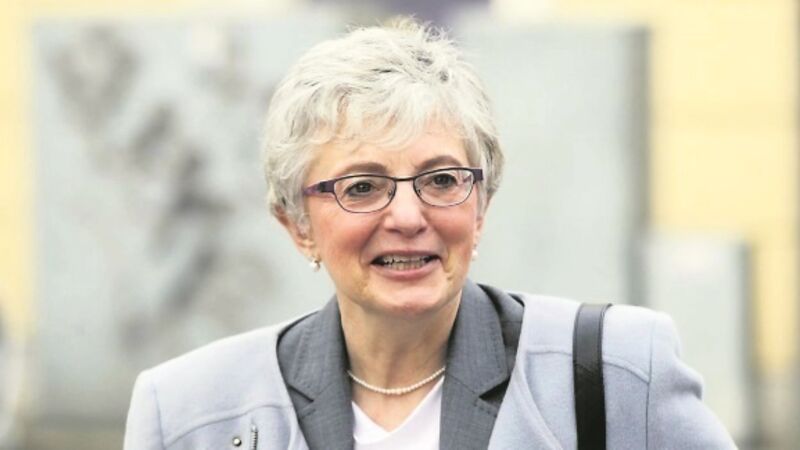How long more must adopted people have to wait?

It is a cruel thing to carry a question mark at the centre of your being for most of a lifetime, as adopted people in Ireland often do. I know that because, as one of those people, I knew next to nothing about how I came into the world until I was 26 years old.
After sending several requests for my birth records to the health board — as the HSE was then — I eventually got an answer to one of my letters seven years after it was written. It began: “We apologise for the delay in writing…” I rolled my eyes at that, but at least the single page of stiffly written correspondence opened a door that would lead to answers to the thousands of tiny questions that had built up over a lifetime.
















